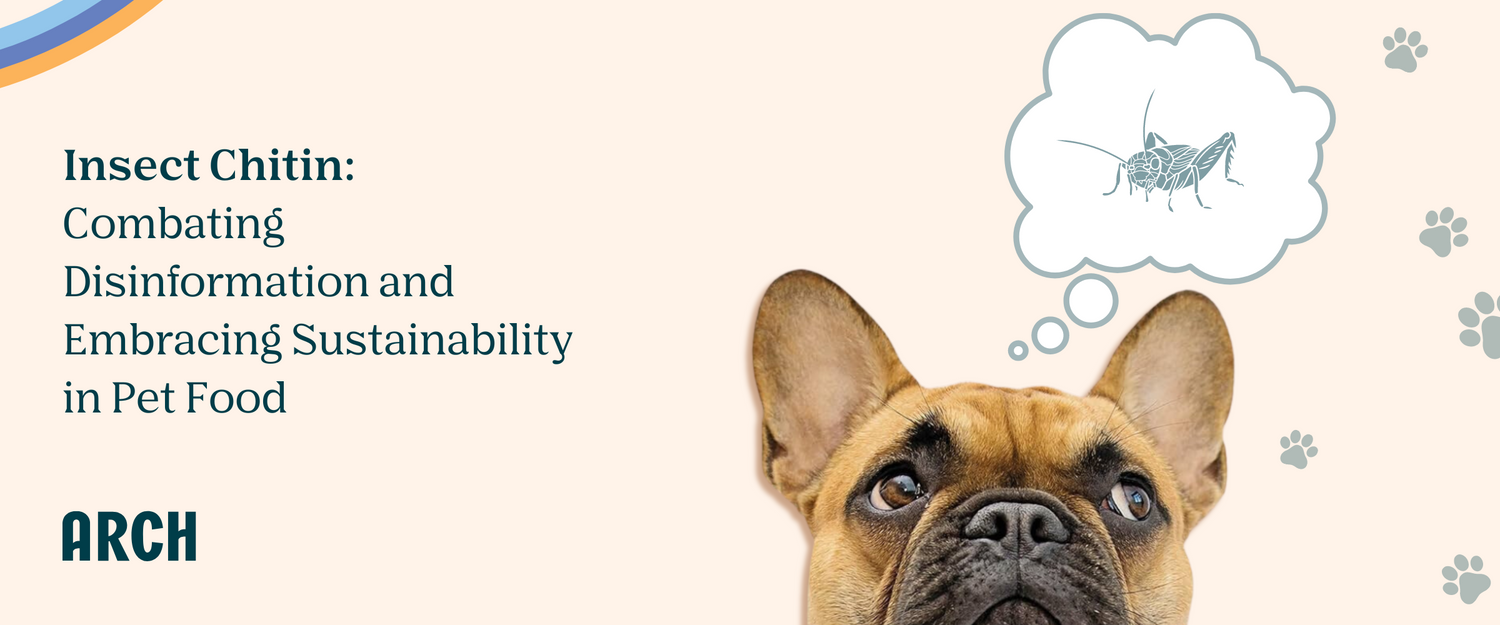As devoted pet owners, we always strive to provide the best for our furry best friends. One important aspect of your dog’s overall health is being able to identify the difference between food sensitivity and other medical conditions. Knowing if your dog has a sensitivity or allergy can help you make the best choices to keep your dog happy and healthy.
In this guide, we will explore the signs of food sensitivities, how to tell the difference between an allergy and a sensitivity, and the benefits of offering your pup dog food that utilizes an alternate sensitive protein.
The Difference Between Food Sensitivities And Allergies In Dogs
First, let’s identify what the differences between sensitivities and allergies are. While there are a lot of similarities, there are some differences that can help you take better care of your dog. In short, allergies and food sensitivities in dogs are like cousins – related but with their own quirks.
Allergies
Allergies are fast-acting. They can be short-lived, come and go seasonally, or can cause dramatic reactions that will need medical attention. You may notice itching, swelling, redness, and other symptoms. More often than not, allergies are tied to the protein in your pets diet. The most common allergens in pet food are: beef (34%), dairy (17%), chicken (15%), wheat (13%), soy (6%), lamb (6%), corn (4%), and egg (4%).
Food Sensitivities
Sensitivities are a lot more tricky than allergies. They often appear over time and can get worse. It may even be hard to notice the signs. Food sensitivities are also harder to pinpoint because of their slower reaction time.
For example, a dog eating kibble with corn in it might not have itchy skin until months after eating the food. Now I don’t know about you, but a month can be a long time to identify everything your dog has eaten.
Understanding Food Sensitivities in Dogs
Just like humans, dogs can develop sensitivities to certain ingredients in their food. These sensitivities can manifest in various ways, including digestive issues, skin problems, and behavioral changes. Furthermore, your dog can be born with these sensitivities, or they can develop over time.
Common Signs Of Food Sensitivities In Dogs Include
While these signs can mean other health complications, they can imply that your pup might have a food sensitivity.- Diarrhea
- Vomiting
- Excessive Gas
- Itching
- Redness
- Hot Spots
- Ear Infections
- Behavioral Changes
Identifying The Sensitivity Culprit Ingredients
Pinpointing the specific ingredients that your dog is sensitive to can be challenging. There are some tests on the market that can help you narrow down these ingredients.
Otherwise, the best approach is to introduce a systematic elimination diet. Removing potential allergens and gradually reintroducing them to observe your dog's reactions. However, this process can be extremely hard if your dog has sensitivities to beef, gluten, corn, soy, or chicken.
Did you know that roughly 90% of dog food and treats contain one of the major allergens?
The Power of Alternative Protein Dog Food Options
Most commercial dog food diets often contain common allergens like chicken, dairy, and grains. But did you know there are amazing options that avoid those common allergens? That’s Arch uses insect proteins.
Yes, it might sound odd to you at first, but using these nutritional powerhouses are changing the pet food industry. And how your pup gets what they need to live a long, happy life. Furthermore, the benefits go beyond just being allergen-friendly. Here are some extra benefits from feeding an insect-based dog food.
Reduced Allergen Risk
The unique makeup of insects nutritional makeup means that your dog can get better quality food without the risk of a flare up.
Balanced Nutrition
Insects have a huge leg up when it comes to nutrition. They are packed with fiber (the highly digestible kind) and act as a natural prebiotic. Some lines even have just as many healthy Omega’s as salmon formulas but without the added corn or chicken. (Seriously, read the label, many salmon formulas often have chicken fat in them.)
Furthermore, there are some studies coming out that are showing the potential to unlock brain-boosting nutrients. This means fewer dogs with Alzheimer's. There are also major anti-inflammatory benefits.
The only thing crazy about feeding your dog an insect-based food, is how crazy healthy it is.
Improved Digestibility
Insect digestibility is around 90%. You’d be surprised that many kibble formulas only have about an 80% range of digestibility. This means that your dog is getting more nutrients ounce for ounce than traditional formulas like chicken, lamb, or salmon.
Healthy Skin and Coat
If your dog is suffering from food sensitivities their coat will automatically be dull, flaky, and may suffer from bald patches. However, because insects have just as many natural oils as salmon your dog will have a naturally healthier coat. And because formulas like those from Arch Pet Food avoid common allergens in their products.
The combination is a real winner.
Other Ways To Help Alleviate Sensitivities
The first thing you should do is talk to your vet or get an allergen test for your dog. That way you have a better understanding of what could be the culprit.
Make Homemade Food
While this is an option, it can be very time-consuming. Furthermore, you will have to research supplements to ensure that your dog has a balanced diet. Having regular vet visits is a must as well.
Add A Prebiotic
Many people boast about probiotics helping gut health. But there’s one problem with that. A dog’s stomach acid is a lot stronger than a human's. That means that most of those good gut bacteria don’t even survive in your dog’s digestion tract long enough to help.
However, a prebiotic (like those naturally occurring in insects) can help support the bacteria that already live within your dog’s digestive tract. Thus giving your pup a real healthy boost.
Conclusion
Caring for your dog's health involves recognizing and addressing food sensitivities promptly. By opting for alternative protein dog food options, you can provide your furry friend with a delicious and nutritious diet tailored to their specific needs. Remember, consulting with your veterinarian is essential for a personalized approach to your dog's dietary requirements.
Shop Arch Pet Food Today, and see the difference.





